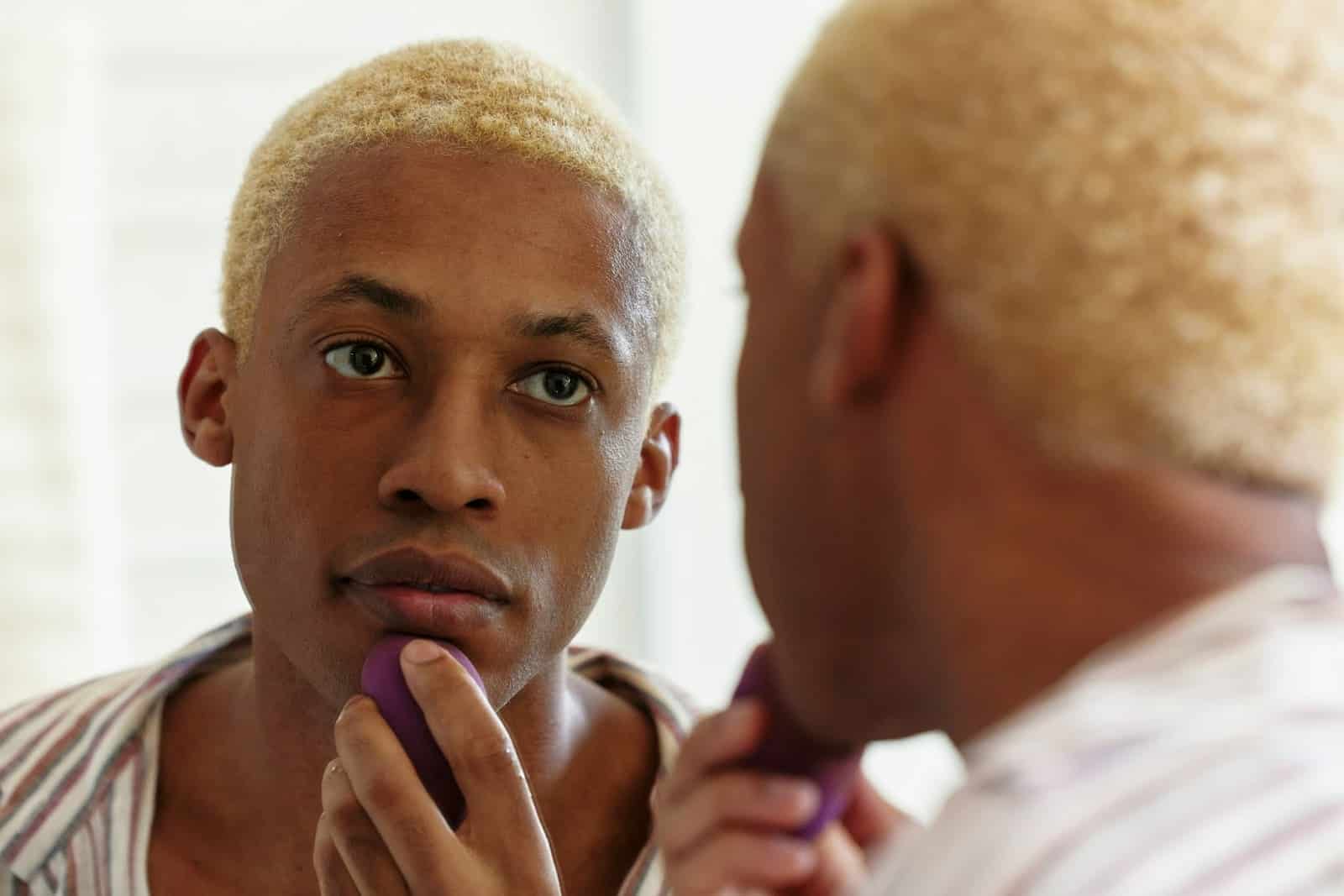
Anti-aging isn’t about chasing youth, it’s about preserving vitality, clarity, and strength as the years go by. While skincare products get all the hype, the habits that truly make a difference often happen behind the scenes. These daily choices might not show instant results, but their impact builds over time. And they don’t involve fancy serums or expensive treatments. These are habits rooted in how you live, move, eat, and recover. Here’s what really makes a long-term difference.
Prioritizing Deep, Consistent Sleep

Sleep is your body’s nightly reset button. During deep sleep, growth hormones are released, cellular repair kicks in, and your brain clears out toxins. Inconsistent or shallow rest accelerates aging, from cognitive decline to visible wrinkles. Avoiding blue light and caffeine before bed can make a noticeable difference. Consistent sleep is one of the most powerful, free anti-aging tools available.
Eating Less Sugar Without Obsessing

Sugar doesn’t just affect weight, it contributes to chronic inflammation and glycation, which breaks down collagen. Reducing added sugar helps protect your skin’s elasticity and supports stable energy. This isn’t about cutting out all sweets, it’s about being mindful of how often they show up. Even small reductions make a long-term impact on aging and overall health.
Walking Every Day, No Matter the Distance
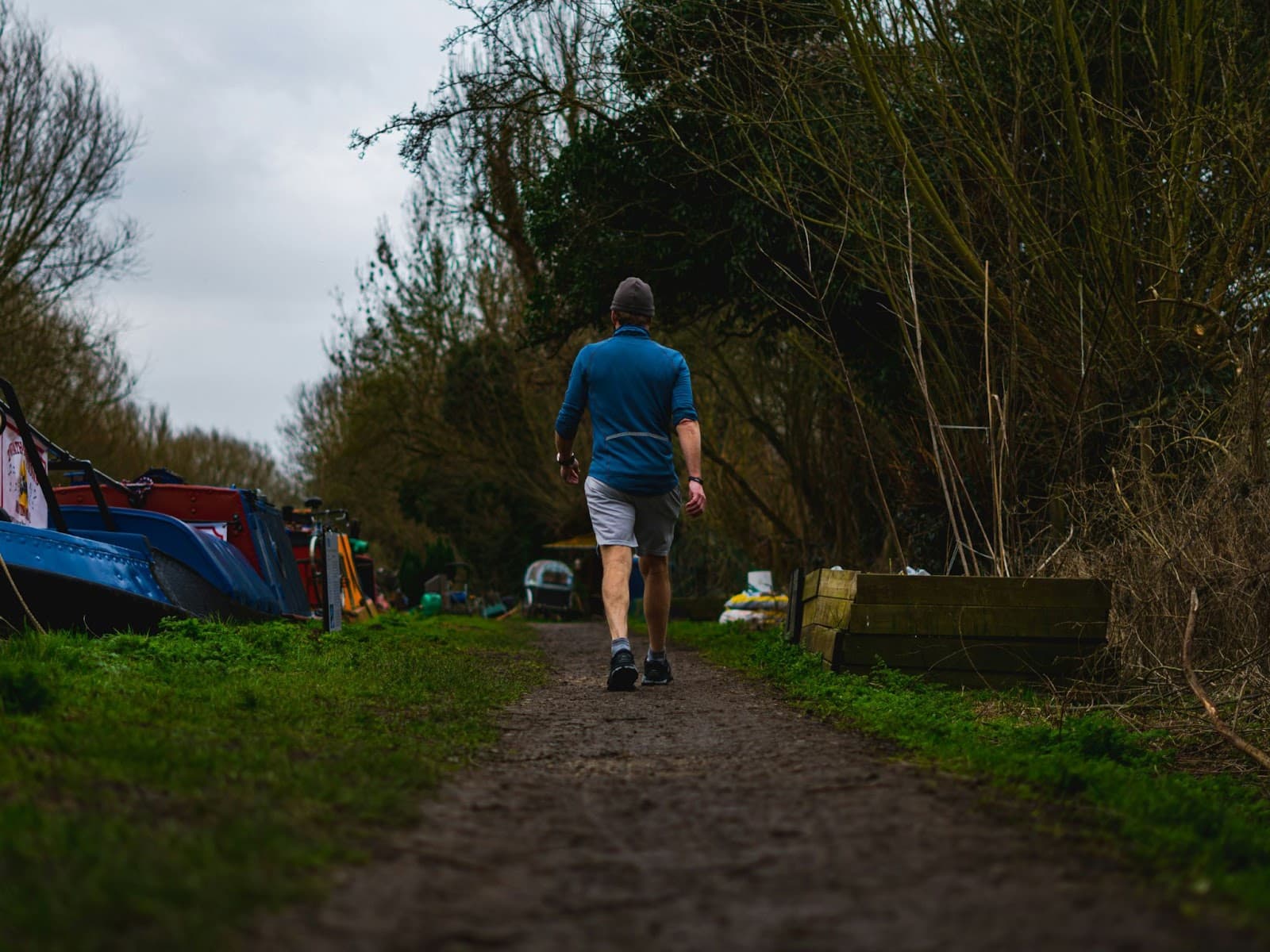
Walking doesn’t get much praise, but it’s one of the best longevity exercises out there. It boosts circulation, improves joint health, reduces stress, and supports cognitive function. A daily walk, even just 15 minutes, signals to your body that movement is part of life. Consistency matters more than intensity.
Strength Training a Few Times a Week
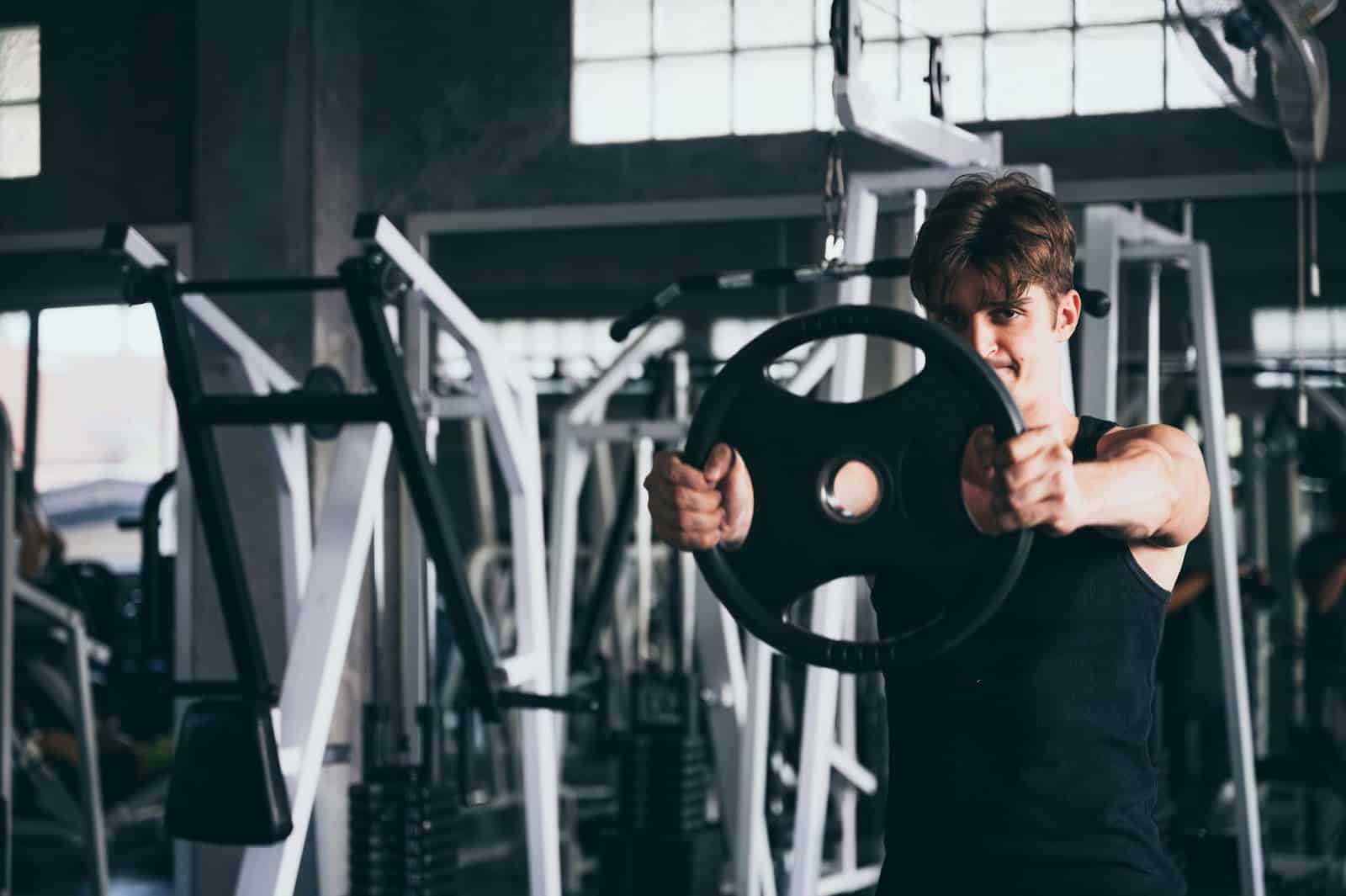
Muscle loss (sarcopenia) accelerates with age. Regular resistance training not only preserves muscle, it supports bone health, balance, and metabolism. This doesn’t mean heavy lifting is required. Bodyweight exercises or light dumbbells done properly can keep you mobile and strong into older age.
Drinking Enough Water (Not Just Coffee)
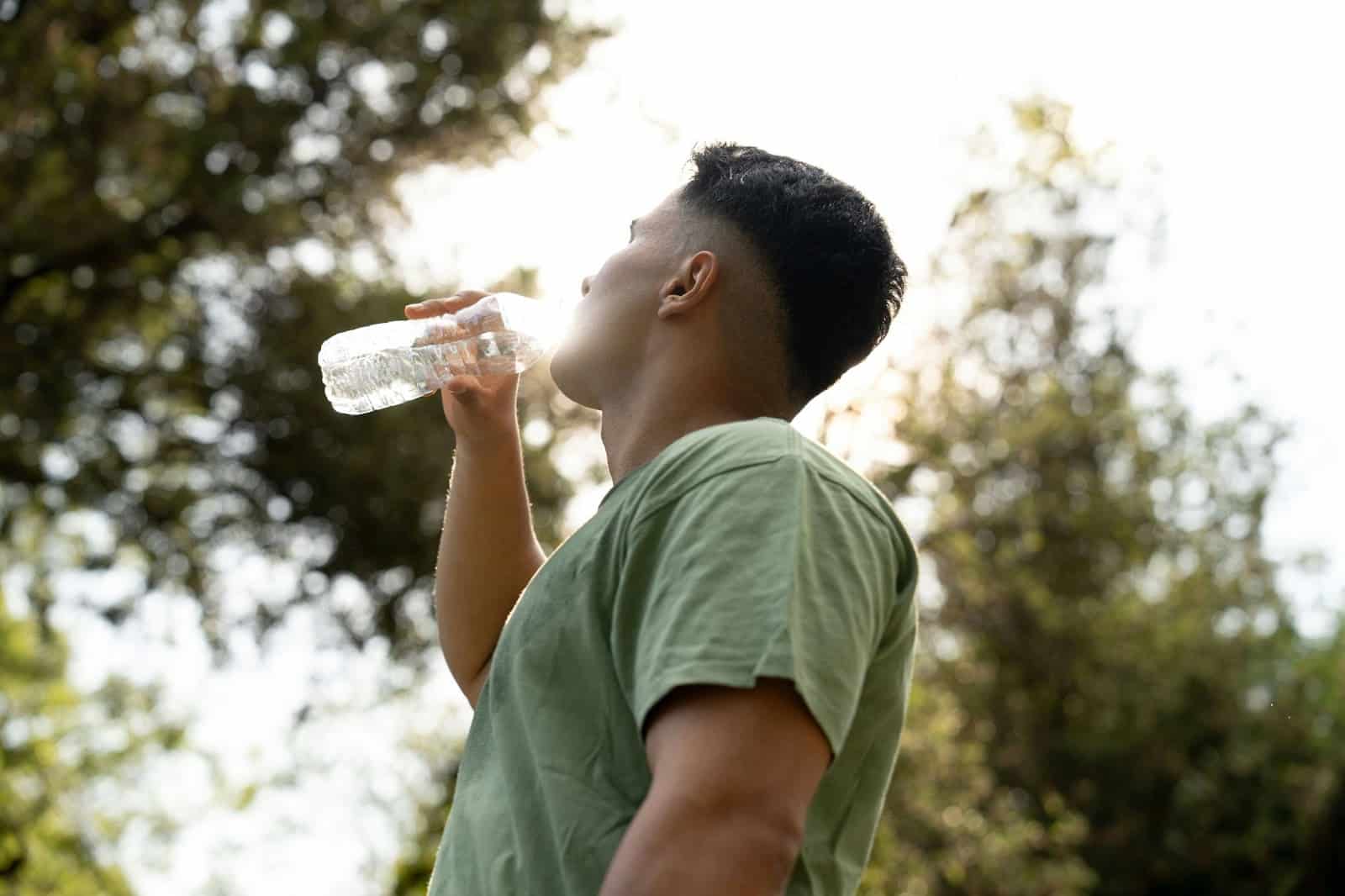
Dehydration quietly contributes to fatigue, joint pain, and premature skin aging. Your body relies on water for detoxification, nutrient absorption, and circulation. If your main drinks are coffee or soda, your system could be running dry. Aim to hydrate before meals and after waking up, small adjustments with big returns.
Managing Stress in Daily Doses

Chronic stress triggers inflammation, damages cells, and shortens telomeres, one of the key indicators of biological aging. Anti-aging isn’t about avoiding stress, but learning how to discharge it daily. Breathing exercises, short walks, music, or talking with someone you trust all help. It’s not just mental, it’s physical preservation.
Protecting Your Eyes With Screens in Mind

Your eyes age too, especially with today’s screen-heavy lifestyles. Taking breaks using the 20-20-20 rule (every 20 minutes, look 20 feet away for 20 seconds) can reduce strain. Wearing blue light glasses or adjusting device brightness helps protect your vision. Long-term eye health means fewer headaches and better focus.
Getting Enough Healthy Fats

Healthy fats, like those in avocados, olive oil, nuts, and fatty fish, support brain health, hormone production, and skin moisture. Low-fat diets were once popular but didn’t age well. Including these fats can actually help you look and feel younger. It’s not about adding more, but choosing better.
Limiting Alcohol Without Cutting Joy
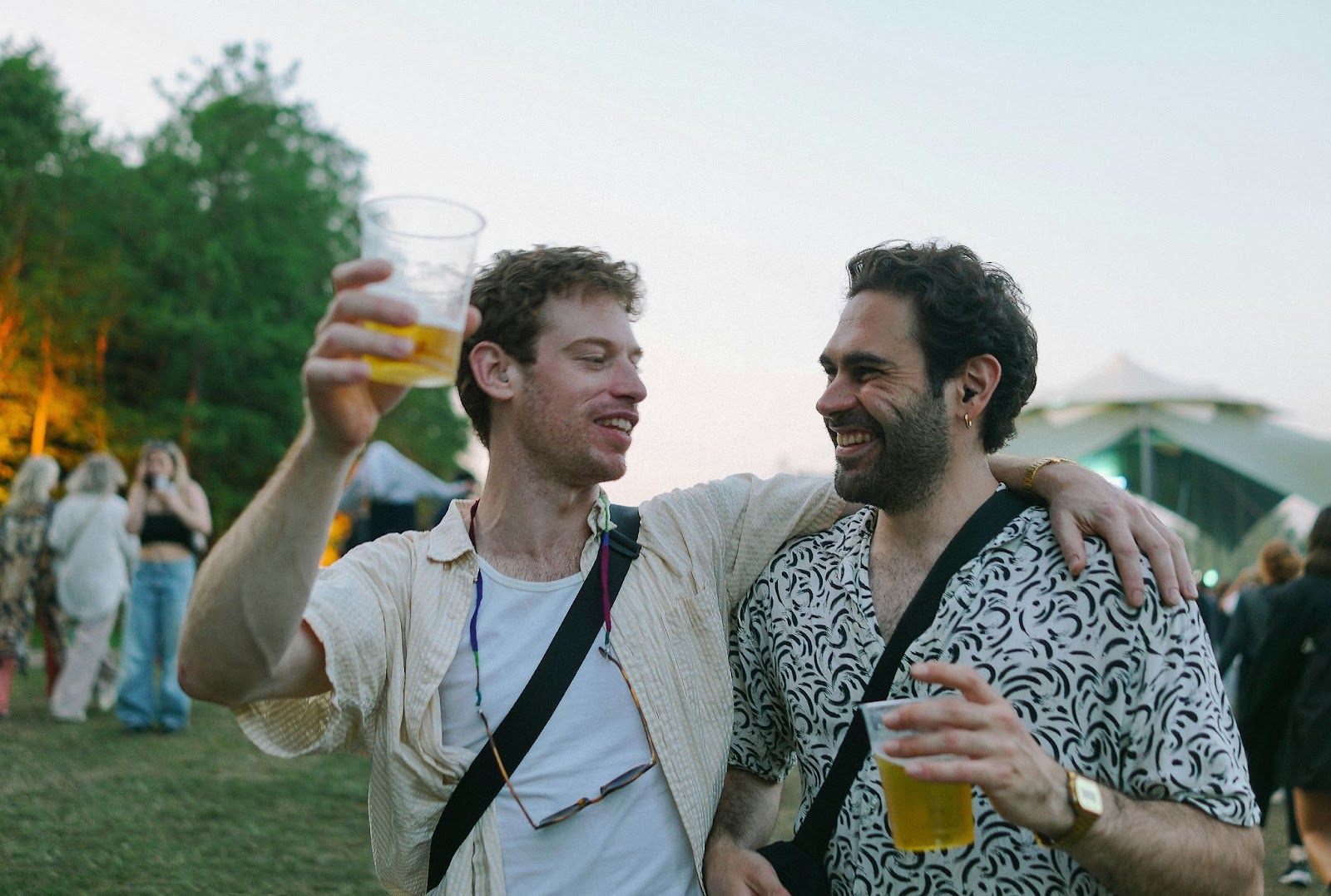
Heavy drinking accelerates aging at every level, skin, liver, hormones, sleep. But aging well doesn’t mean abstaining completely. It means knowing when to say “not tonight.” A couple of alcohol-free nights a week can improve sleep quality and energy, which you’ll notice in the mirror and your mood.
Spending Time With People Who Energize You

Loneliness is a silent anger, it’s been linked to cognitive decline and even heart issues. Meaningful social connection fuels purpose, mental sharpness, and emotional balance. Regularly spending time with people who make you feel seen and supported is one of the most protective habits you can build. Your relationships show up in your face and posture.
Protecting Your Skin From the Sun (Without Fear)
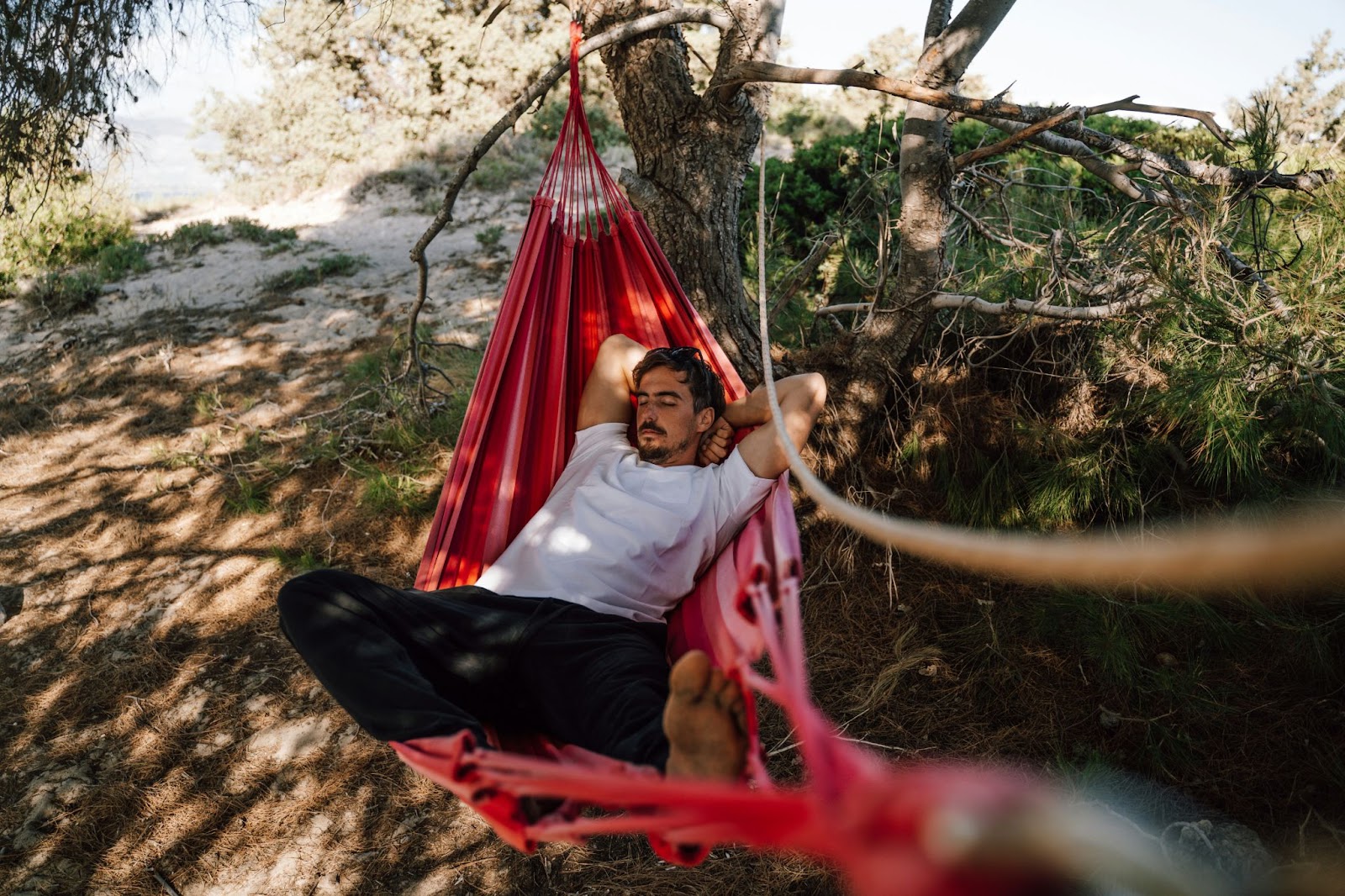
You don’t need to avoid the sun, just be smarter with it. Excessive UV exposure breaks down collagen and leads to wrinkles and age spots. Wearing SPF when outdoors, especially midday, and covering up when needed prevents long-term damage. Aging well includes protecting what you want to keep.
Keeping Your Mind Learning Something New

Mental stagnation contributes to early aging of the brain. Learning a language, picking up a hobby, or just reading something challenging stimulates neuroplasticity. The brain, like a muscle, stays younger the more it’s used. Curiosity is a form of cognitive skincare.
Standing More Often Than You Sit

Sedentary living is the silent assassin of aging. Even if you exercise regularly, long stretches of sitting can undo much of the benefit. Stand during phone calls, stretch between tasks, and aim to move every hour. Your spine, circulation, and posture all thank you in the long run.
Practicing Gratitude Without Waiting for a Big Moment

Negativity breeds cortisol, and chronic cortisol creates inflammation and accelerates biological aging. Gratitude reduces that stress response. Writing down three small things you’re thankful for, daily or weekly, can improve sleep, mood, and immune function. A younger mindset leads to a healthier body.
Eating More Plants Without Being a Vegetarian
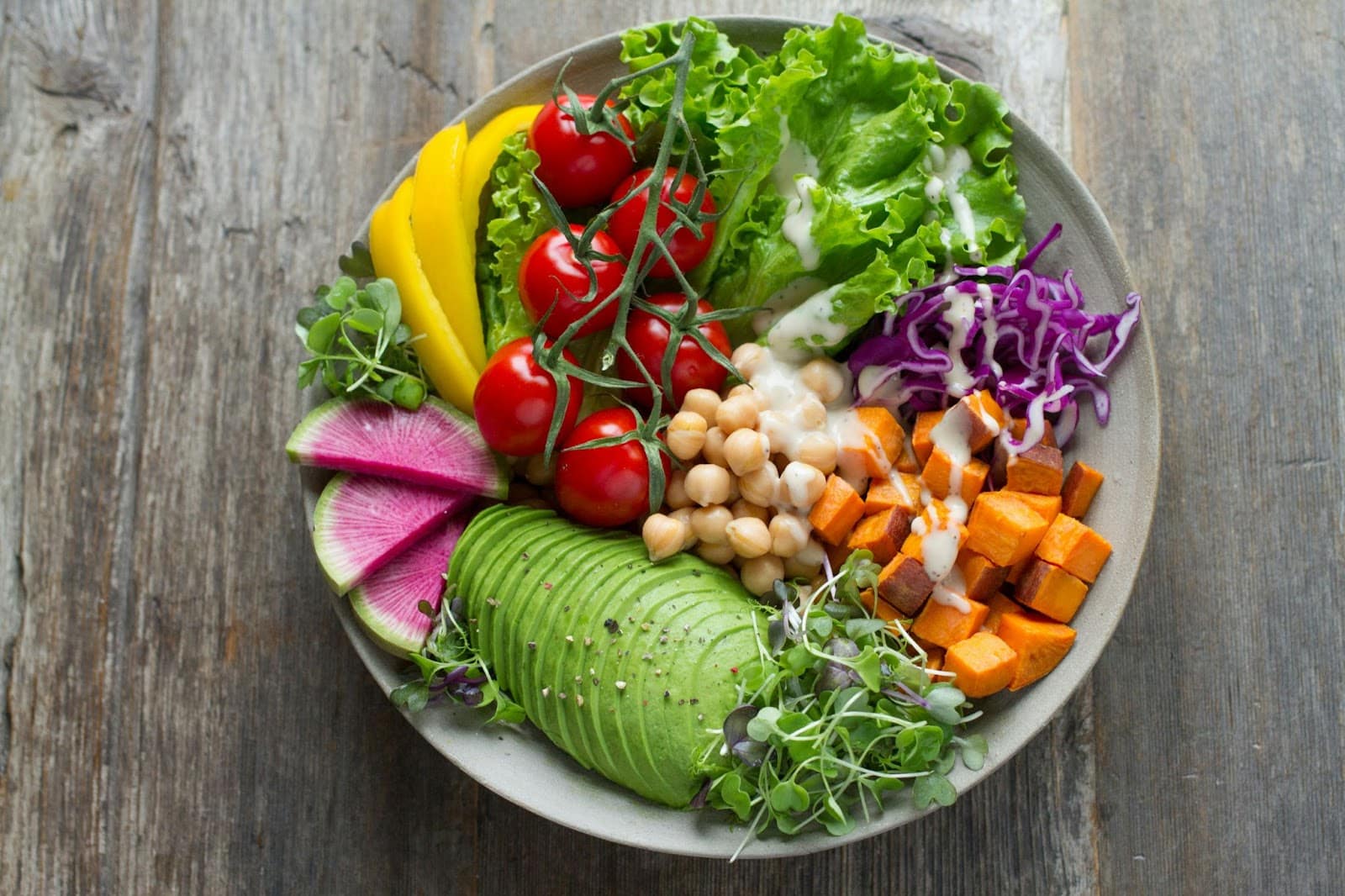
Plant-rich diets provide antioxidants, fiber, and nutrients that reduce disease risk and improve gut health. You don’t have to give up meat to eat more plants. Just add an extra serving of greens, beans, or berries where you can. Small additions bring big health dividends.
Being Gentle With Your Joints

Joint wear and tear becomes more noticeable with age. Choosing low-impact exercises like swimming, cycling, or yoga protects longevity. It’s not about avoiding movement, it’s about moving wisely. The goal is to stay active without regret.
Seeing Aging as a Process, Not a Problem
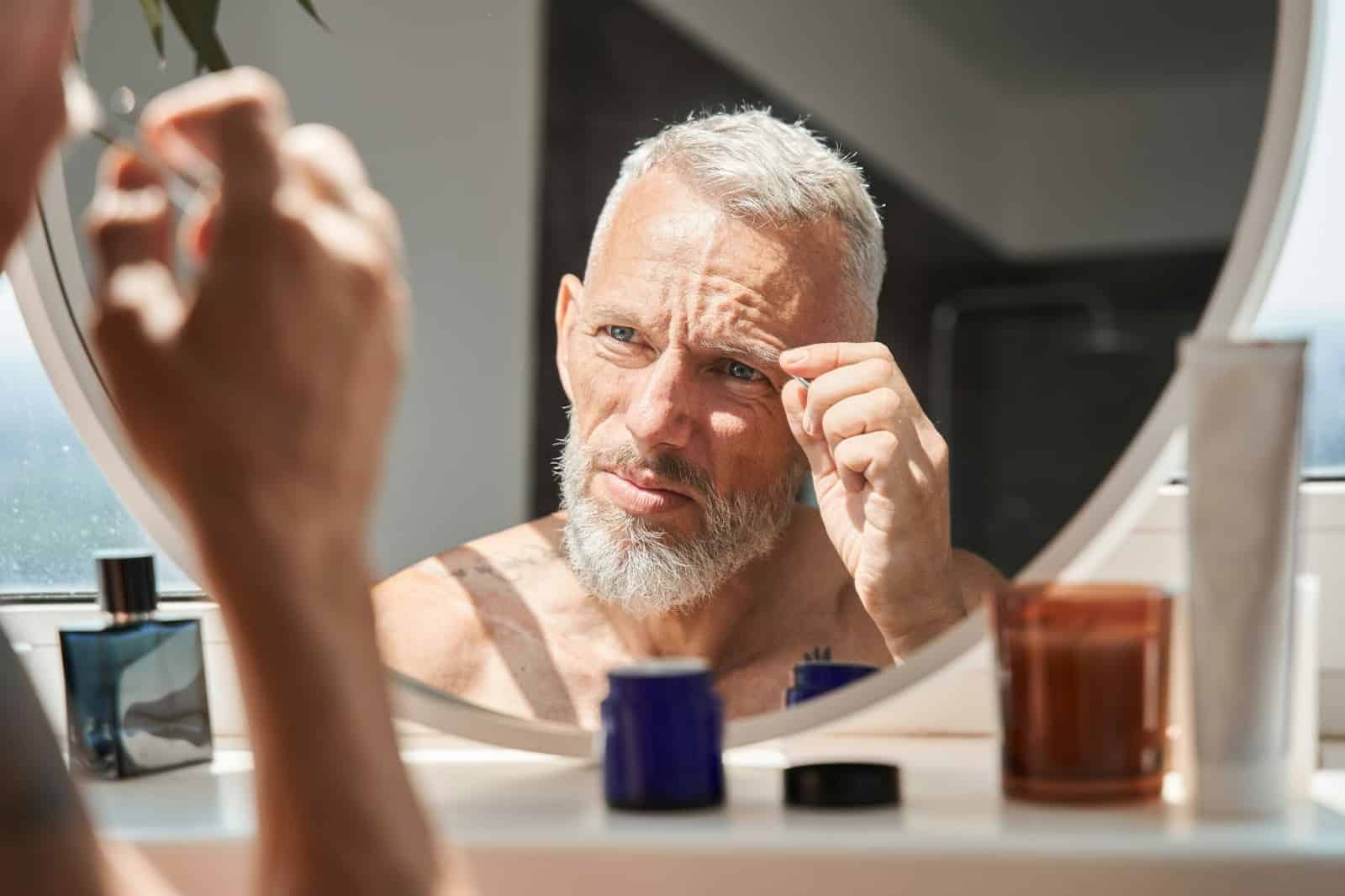
How you think about aging shapes how you experience it. Seeing age as decay creates fear; seeing it as growth leads to better choices. Reframing aging as a process of gaining wisdom and resilience can influence physical health. You age better when you’re not at war with it.
Tip – Stack Tiny Habits, Not Grand Overhauls
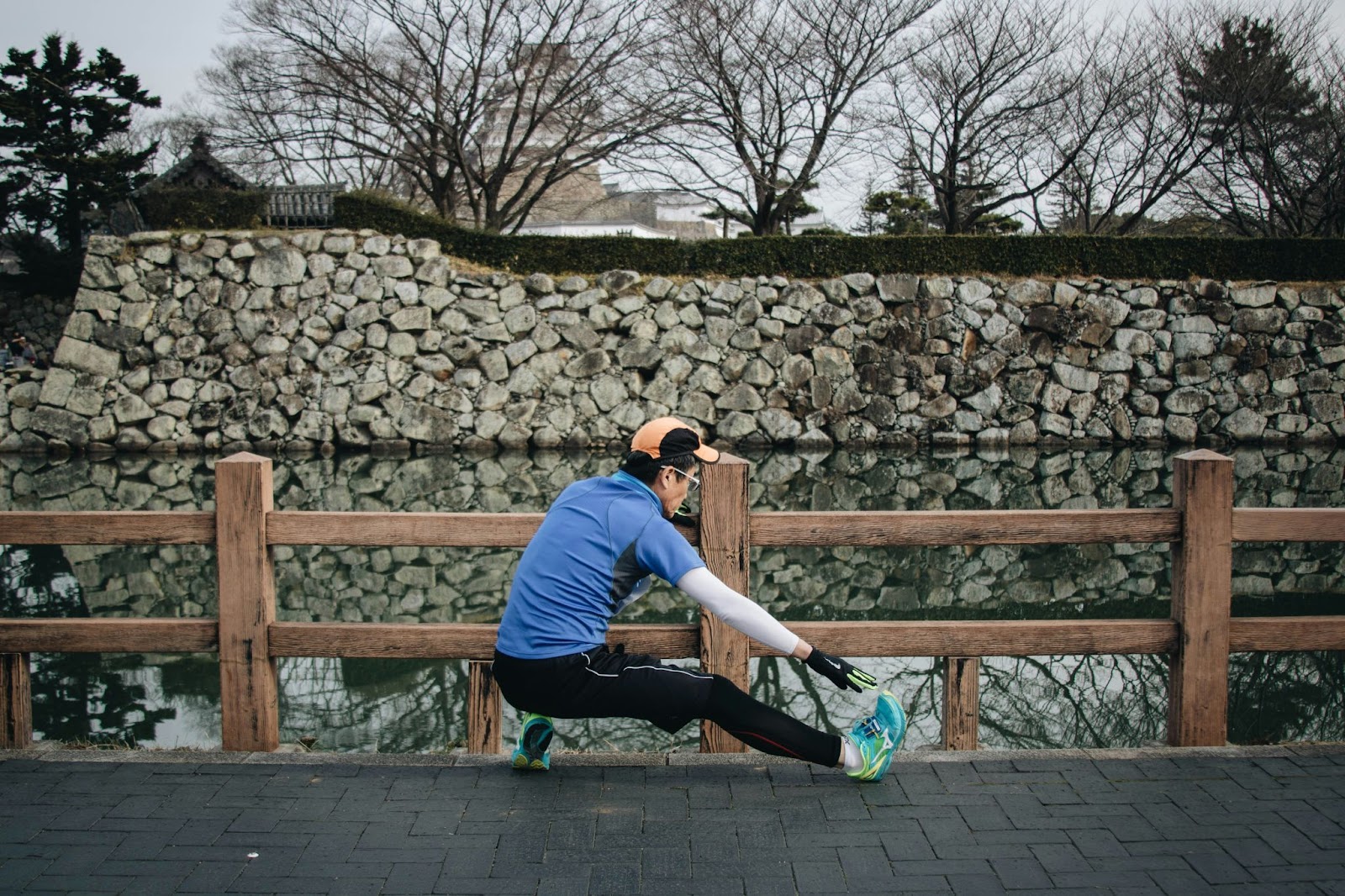
You don’t need to overhaul your life to slow aging. The key is stacking small habits, 5 minutes of stretching, choosing water over soda, or sleeping 30 minutes earlier. These actions compound over months and years. Aging well is less about transformation and more about consistency.
Conclusion – The Future You Start With Today’s Habits
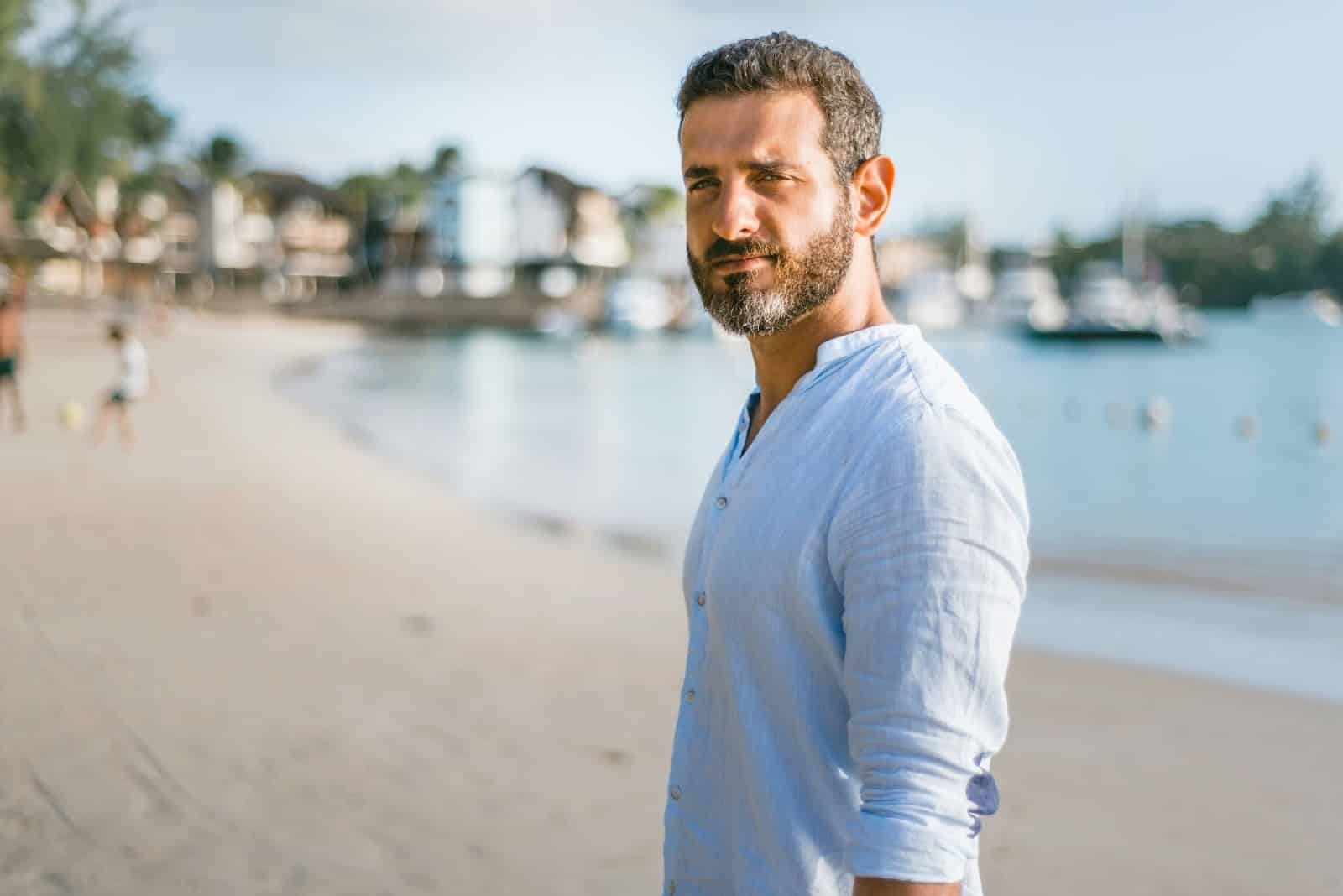
Anti-aging isn’t a sprint, it’s a steady rhythm of daily choices. The most effective habits often go unnoticed, yet they carry the most weight over time. Forget the hype and focus on what works – rest, movement, connection, nourishment. These habits won’t go viral, but they’ll keep you feeling vibrant for the long haul. Age isn’t the enemy, neglect is.






Ask Me Anything